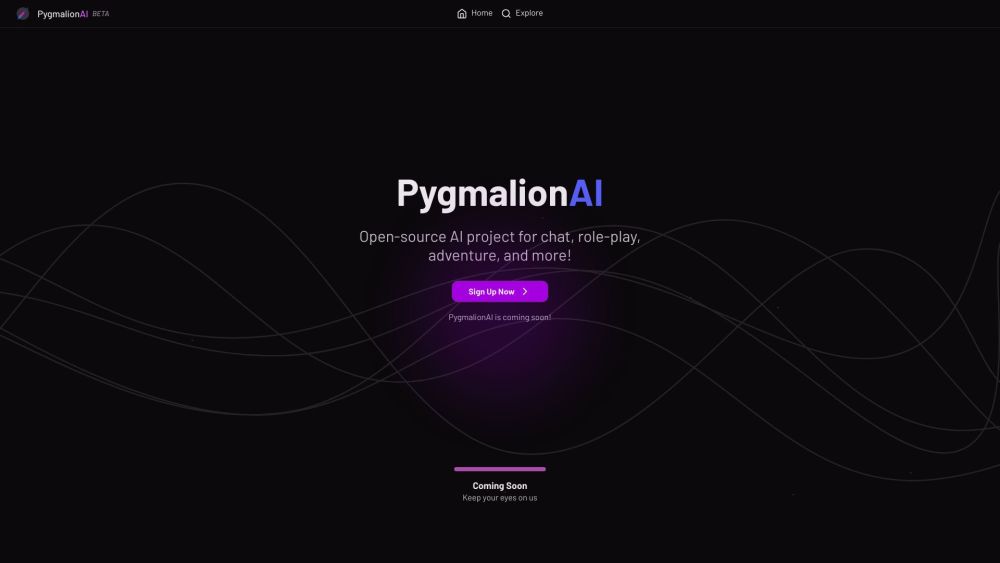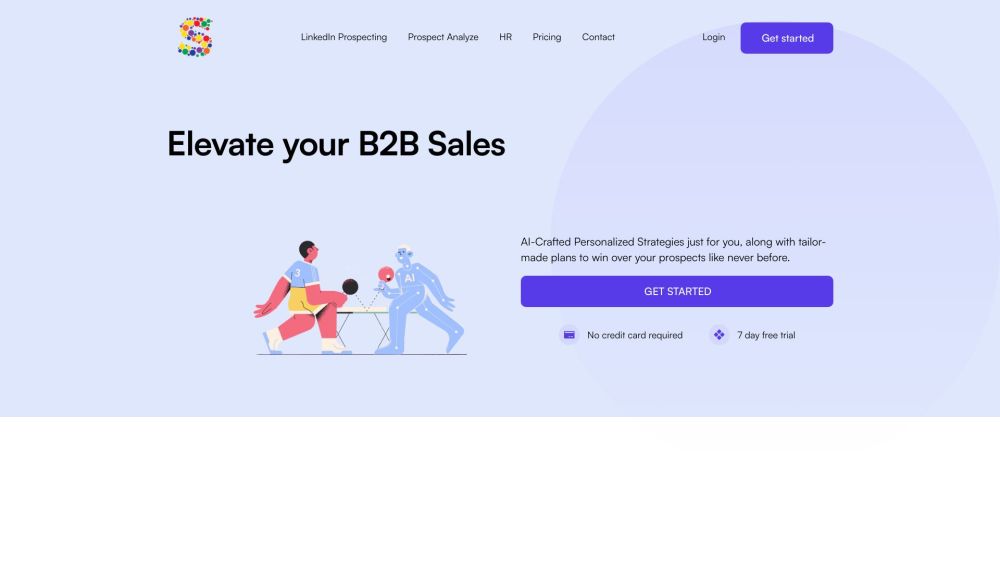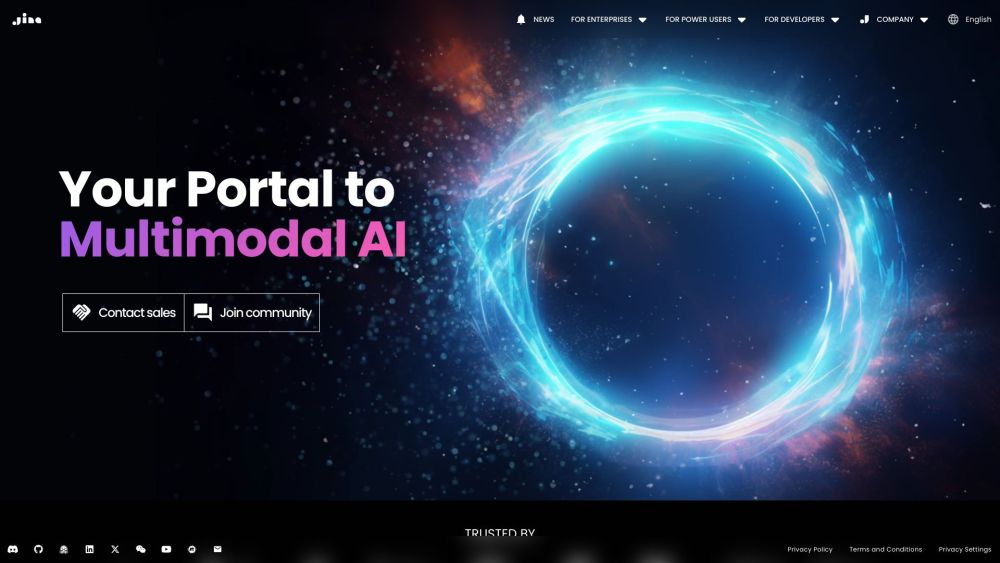The Future of Enterprise Automation: Generative AI Agents
What’s the next wave in enterprise automation? According to industry leaders, it’s the rise of agents powered by generative AI.
While there's no standard definition for "agents," the term now commonly refers to AI-driven tools that can execute intricate tasks through interactions that mimic human behavior across various software and web platforms.
For instance, an agent could seamlessly create an itinerary by directly entering user information on airline and hotel websites. Or it could compare ride-hailing services to find the most cost-effective option and arrange transportation.
Recognizing this potential, vendors are rapidly innovating. OpenAI, the creator of ChatGPT, is reportedly advancing its AI agent systems. Similarly, Google showcased a range of agent-like solutions during its Cloud Next conference earlier this April.
“Companies should start preparing for the widespread adoption of autonomous agents now,” noted analysts from Boston Consulting Group in a recent report, citing projections that such agents will become mainstream within the next three to five years.
The Evolution of Automation
So, where does this leave Robotic Process Automation (RPA)?
RPA emerged over a decade ago as organizations embraced technology to enhance digital transformation and cut costs. Like agents, RPA automates workflows, but it relies on rigid “if-then” rules to manage processes broken down into specific steps.
“RPA can replicate human actions such as clicking, typing, or transferring data, allowing tasks to be completed faster and more accurately than by people,” explained Saikat Ray, VP Analyst at Gartner, in an interview. “However, RPA has limitations in addressing complex, creative, or dynamic tasks that require natural language processing or reasoning capabilities.”
This inflexibility translates to high development costs and restricts the range of RPA’s application.
A 2022 survey conducted by Robocorp, an RPA vendor, found that 69% of organizations that have adopted RPA experience workflow disruptions at least weekly, often leading to hours of downtime for troubleshooting. Entire businesses have sprung up to assist companies in managing their RPA environments.
RPA vendors are not oblivious to these issues. They believe generative AI can resolve many challenges while allowing their platforms to evolve rather than face extinction. The consensus among vendors is that RPA and generative AI can coalesce, potentially enhancing each other's capabilities.
Enhanced Automation Through Generative AI
UiPath, a leading player in the RPA landscape with over 10,000 customers, including companies like Uber and Xerox, recently introduced new generative AI features aimed at document and message processing. These innovations support what CEO Bob Enslin refers to as “one-click digital transformation.”
“Clients gain access to generative AI models tailored for their specific tasks,” Enslin shared. “Our generative AI enables functionalities like email text completion, categorization, image detection, language translation, and quickly responding to queries derived from internal data.”
One of UiPath's latest innovations is Clipboard AI, which integrates UiPath's platform with third-party models from OpenAI and Google. As Enslin describes it, this tool aims to “extend automation capabilities to anyone needing to copy and paste.” Clipboard AI lets users select data from forms and directs it to the appropriate locations in other forms, applications, or databases using generative AI.
“UiPath is committed to merging action with AI; this is where true value is created,” Enslin remarked. “We believe that the highest efficiency will stem from combining generative AI with human judgment, enhancing end-to-end processes.”
UiPath's primary competitor, Automation Anywhere, is also leveraging generative AI in its RPA tools. Last year, they launched generative AI-driven features that create workflows from natural language commands, summarize content, extract data from documents, and adjust to changes in applications that typically disrupt RPA processes.
“Our generative AI models are constructed atop large language models and trained with anonymized data from over 150 million automation processes spanning thousands of enterprise applications,” Peter White, SVP of Enterprise AI and Automation at Automation Anywhere, informed us.
The Future of RPA
Ray emphasizes the significance of understanding the constraints of generative AI—such as biases and inaccuracies—as this technology increasingly enhances RPA capabilities. Nevertheless, he believes that generative AI could revolutionize how RPA platforms operate and unlock new automation possibilities.
“Generative AI is a potent tool that can enrich RPA’s functionality by enabling them to comprehend and generate natural language, automate content creation, refine decision-making, and even produce code,” Ray asserted. “By integrating generative AI models, RPA platforms can deliver superior value to their clients, boosting productivity and expanding use cases.”
Craig Le Clair, principal analyst at Forrester, views RPA platforms as prime candidates for expansion to support both autonomous agents and growing generative AI applications. He envisions RPA evolving into comprehensive automation toolkits that encompass both RPA and related generative AI technologies.
“RPA platforms are structured to manage numerous task automations, making them well-suited for overseeing AI agents,” he explains. “With thousands of companies already using RPA systems, they’ll likely be receptive to employing these platforms for generative AI-enhanced agents. RPA's past success is partly due to its ability to seamlessly integrate with existing workflows and user interfaces—an advantage that will be crucial for more sophisticated agents in the future.”
UiPath is already moving in this direction with its new Context Grounding capability, which recently entered preview. According to Enslin, this feature aims to boost the accuracy of both first- and third-party generative AI models by converting relevant business data into a format that is easier to index and access.
“Context Grounding extracts insights from company-specific datasets, such as knowledge bases or internal policies, allowing for more accurate and insightful results,” Enslin noted.
If there’s anything hampering RPA vendors, it’s the temptation to lock customers into their ecosystems. Le Clair highlights the necessity for platforms to maintain an agnostic approach and to offer tools that are adaptable to a variety of current and future enterprise systems.
In response, Enslin assured that UiPath commits to being “open, flexible, and responsible.”
“As the future of AI unfolds, a blend of specialized AI and generative AI will be crucial,” he added. “We aim for our customers to confidently utilize a wide array of AI technologies.”
White didn’t explicitly endorse a philosophy of neutrality, but he highlighted that Automation Anywhere’s development roadmap is heavily influenced by customer feedback.
“Our customers voice an overwhelming sentiment that their capacity to implement automation across various use cases has soared with generative AI. By infusing generative AI into intelligent automation like RPA, organizations can significantly reduce operating costs and enhance productivity. Companies that do not embrace this technology will struggle to keep pace with competitors who are adopting generative AI and automation.”




